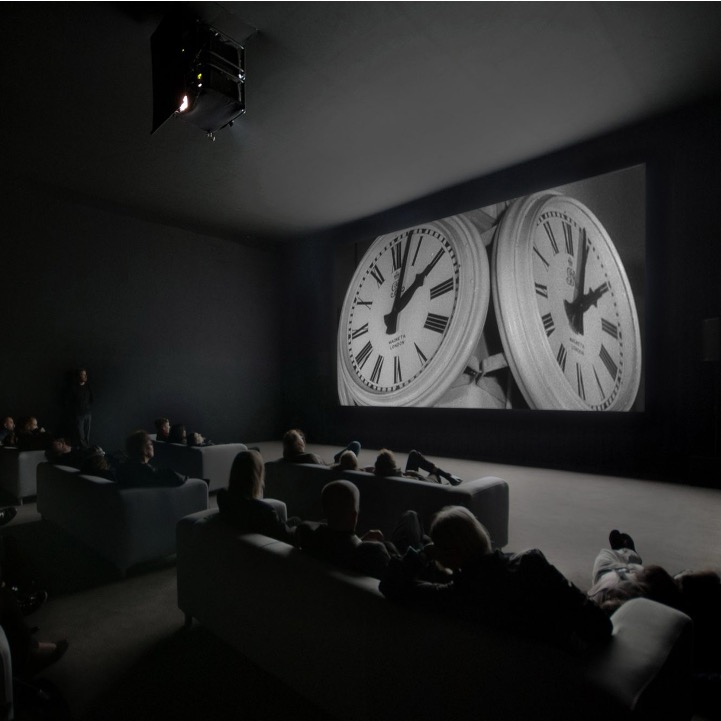Public Lecture ‘Time: Hegemonic & Measured or Immeasurable & Free?’
The International Master’s Programme in Curating Art at Stockholm University presents a public lecture on time by London-based writer and curator Jean-Paul Martinon at Accelerator.
Lecture abstract
“We distinguish time by taking the before and the after of the change to be different and by supposing there to be something which comes between them.” Aristotle’s famous sentence paves the way for the way we understand time across the globe today: it is what offers itself to measurement. With this measurement, clock time imposes itself as self-evident, the historian divides time into representational segments, and the physicist rules all conceptualisation of time, from zeptoseconds to supereons.
This Aristotelian-Einsteinian perspective is today’s hegemonic time. Is there a different way of conceiving time? Is it even permissible to think of time unrelated to measurement and clock-time? This talk will attempt to explore a radically different approach to time: Against our seemingly self-evident measured time that paved the way for empires and ideologies, two secondary figures of Greek thought, Pyrrho and his disciple Aenesidemus, suggest a time that knows no measure, a time unanchored to human logic. Should we pay attention to them? This talk will include artistic, historical, museological, geological, and philosophical perspectives on time today.
Accelerator Café
Wednesday, 5 February
The talk begins at 18:00
Duration: 1 hour
Language: English
Free entry, no registration required
Martinon’s seminar is part of a week-long residency called Curating Knowledge: Exploring the Curatorial in Multidisciplinary Research, organised by the subject area Curating in the Dept of Culture & Aesthetics and funded by the Wenner-Gren Foundation and the Faculty of Humanities at Stockholm University.
About Jean-Paul Martinon
Jean-Paul Martinon is a London-based writer and Emeritus Reader in the Department of Visual Cultures at Goldsmiths College, where he has taught for over twenty years, having co-founded the PhD Curatorial/Knowledge Programme. He has taught on such topics as time and history, art and ethics, curating and the curatorial, as well as African thought. His research is an attempt to make sense of time: its staging in museums, its advent, its gender, its neglect, and the way it is used and abused to structure human life. His work focuses primarily on contemporary continental philosophy with a particular interest in the work of Spinoza, Levinas, Nancy, Chalier, Kagame, Mudimbe, and Meillassoux.
His books include On Futurity (Palgrave, 2007), The End of Man (Punctum, 2013), The Curatorial: A Philosophy of Curating (Bloomsbury, 2014), Curating as Ethics (Minnesota, 2021), and On Pyrrho and Time (Palgrave, 2024). And his book, Spinoza: Journal of an Emendation, is forthcoming.

